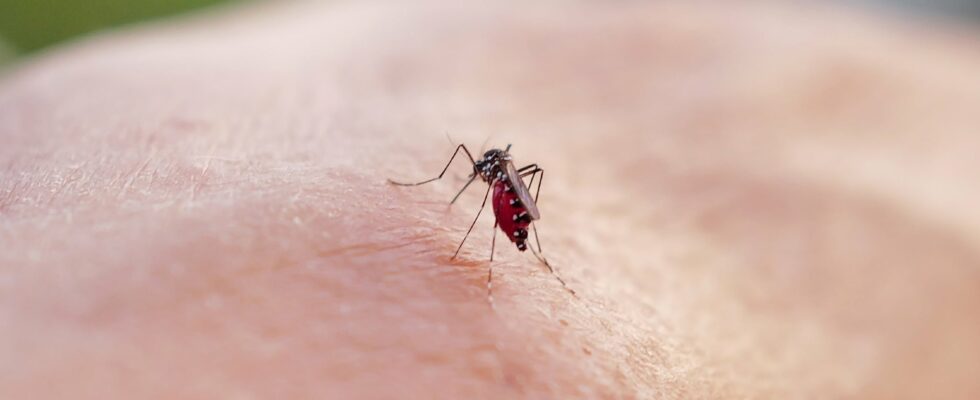At least four cities in the state of Massachusetts, north of New York, are on alert. Parks and other outdoor areas are closed at night, while residents are urged to stay indoors at night, the news agency reports. AP. And for good reason: the Eastern equine encephalitis virus has been detected there. First on a horse from the city of Plymouth, about ten days ago, then, last week, an 80-year-old man was infected, still hospitalized at present. The first human case detected in Massachusetts since 2020.
According to the Centers for Disease Control and Prevention (CDC), only a few cases of eastern equine encephalitis are reported in the United States each year, with most infections occurring in the Eastern and Gulf Coast states.
Rare but serious disease
Authorities have classified 10 Massachusetts communities as being at acute risk for the Eastern equine encephalitis virus, or EEE, because it is potentially deadly, although rare. Between 2019 and 2020, 17 human cases of EEE were detected in Massachusetts, resulting in seven deaths. According to the Centers for Disease Control and Prevention (CDC), Eastern equine encephalitis is caused by a virus transmitted through the bite of an infected mosquito.
It is a rare but serious disease: between 30% and 70% of people infected with the virus die within ten days of their infection, while survivors suffer serious after-effects, particularly persistent neurological problems.
Symptoms can include fever, headache, vomiting, diarrhea, seizures, behavioral changes and drowsiness. According to the Massachusetts Department of Health, inflammation and swelling of the brain, called “encephalitis,” is the most dangerous and common serious complication of EEE. There is no vaccine to prevent it, and no medication to treat it. As a result, Massachusetts officials have announced a mass spraying of all at-risk areas to prevent an outbreak, reports ABC NewsState agencies will conduct aerial spraying in Plymouth County and ground spraying in Worcester County.
The city of Plymouth, about 40 miles (64 kilometers) southeast of Boston, also announced Friday that it would close public outdoor recreation facilities from dusk to dawn each day after a city horse was infected with the disease. Other strategies the city is recommending include draining standing water, wearing long sleeves and pants during peak mosquito hours and installing screens in homes.
